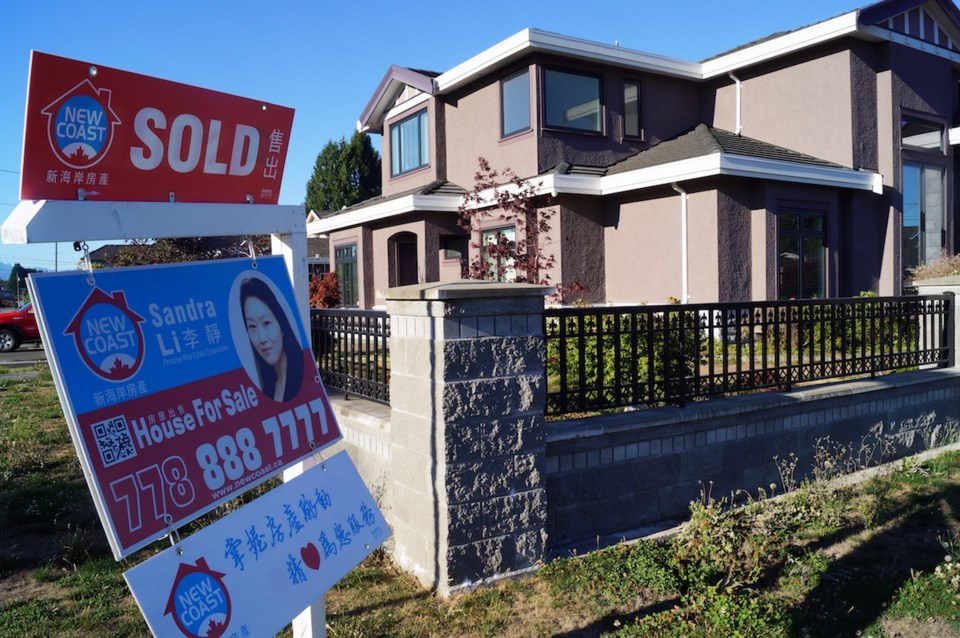Open letter to Christy Clark,
As a young Canadian, born and raised in Richmond, I have a lot to be grateful for; I live in a safe and beautiful city, I was provided with a quality public education, and I am part of a culturally and ethnically diverse society that is a model for the world.
Yes, there is room for growth — ways we can improve our education system, make our communities safer, and promote greater tolerance. But, relative to so many other places, we have little to complain about.
Yet, when it comes to our province’s increasingly unaffordable housing market, I speak for many British Columbians when I say that we are frustrated.
Frustrated that a middle-class income can no longer afford you a family home in Richmond or Vancouver. Disheartened that young families are priced out of the market or weighed down by household debt.
Despite public pressure to address rising prices, you have cautioned against reducing the value of people’s homes. As you suggest, “driving down the cost of housing by just 10 per cent would mean a family with a home currently worth $800,000, could lose $80,000.”
But, if that same $800,000 home were to rise an additional 10 per cent over the coming year (increasing to $880,000), would the province then be concerned if this new 10 per cent growth in equity were lost?
In the last year alone, the average Richmond homeowner has seen their equity rise over 20 per cent. A recent survey showed that members of your own cabinet saw their personal home equity rise by an average of $103,000 in 2015.
What seems to have fallen by the wayside is consideration of the economic burden placed on young Canadians, who continue to see their homeownership dreams slip away and rental prices increase as the interests of BC Millennials have been displaced by the interests of homeowners and developers.
Most young people, like myself, understand that we live in a world-class city that is constrained by geography, and will continue to densify. We understand that we probably will not live in a home with the same square footage as our parents. But, we do expect to be able to afford to live in the city we grew up in; to be able to raise two kids in a 3-bedroom, 1,400-square foot townhouse, within 25 kilometres of our workplace.
This, however, is no longer obtainable for most young Canadians living on a middle-class salary.
Many are also recognizing that an overheated housing market is impacting the cultural and societal fabric of our city.
Empty homes and units are hollowing out parts of our communities, making them less vibrant, and engaged. We are slowly pushing children out of cities because of unaffordability. Most young parents now spend over 40 per cent of their earnings on housing, leaving them with less income to provide for their kids.
The B.C. government’s hands-off approach to rising prices has led me, and many others, to question your party’s commitment to the ‘families first’ platform that got you elected in 2013.
Under your leadership, however, the BC government has the opportunity to take strong action to make homeownership more affordable. To move beyond first-time homebuyer incentives which do little to cool real estate prices, and only support those who can already afford.
Housing affordability is not only an issue within the provincial government’s purview, but one that you as a politician can hang your hat on, and leave as an important part of your legacy as premier.
Mike Taylor
Richmond



